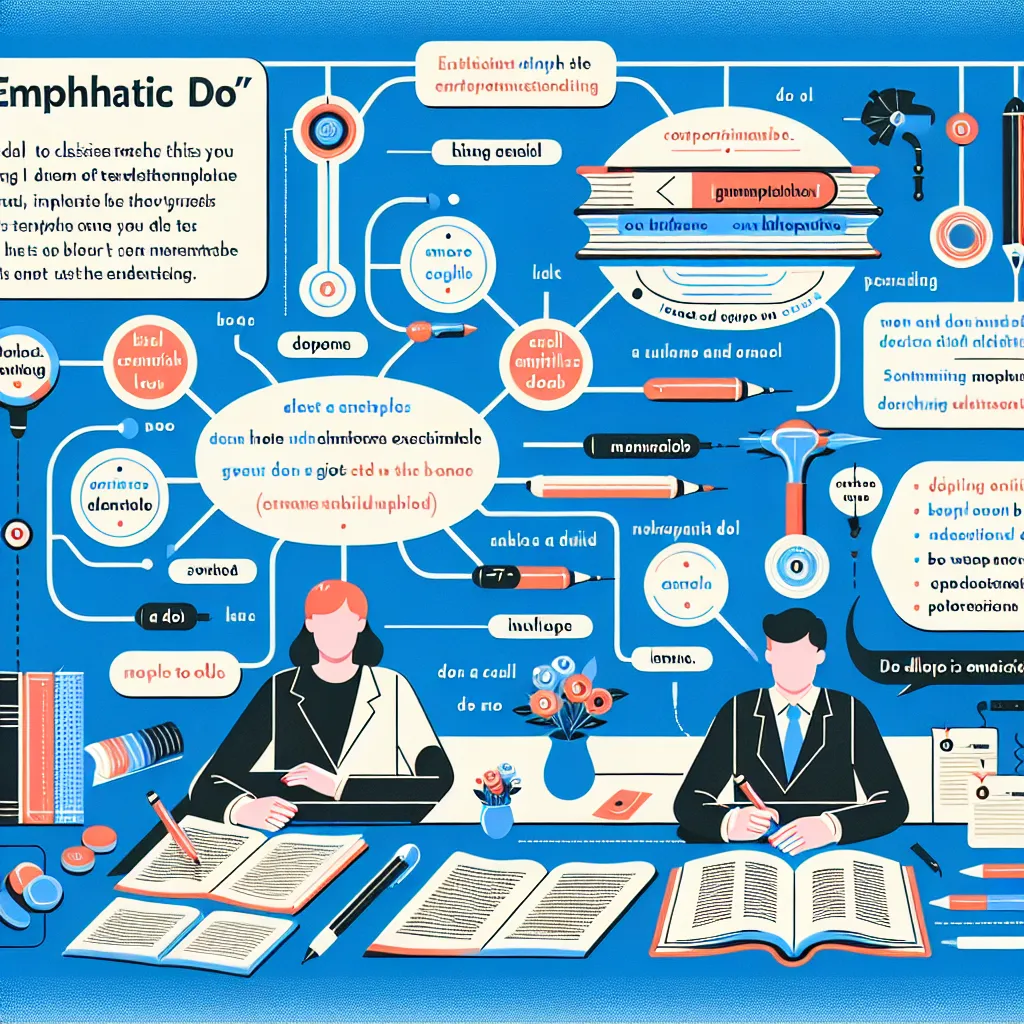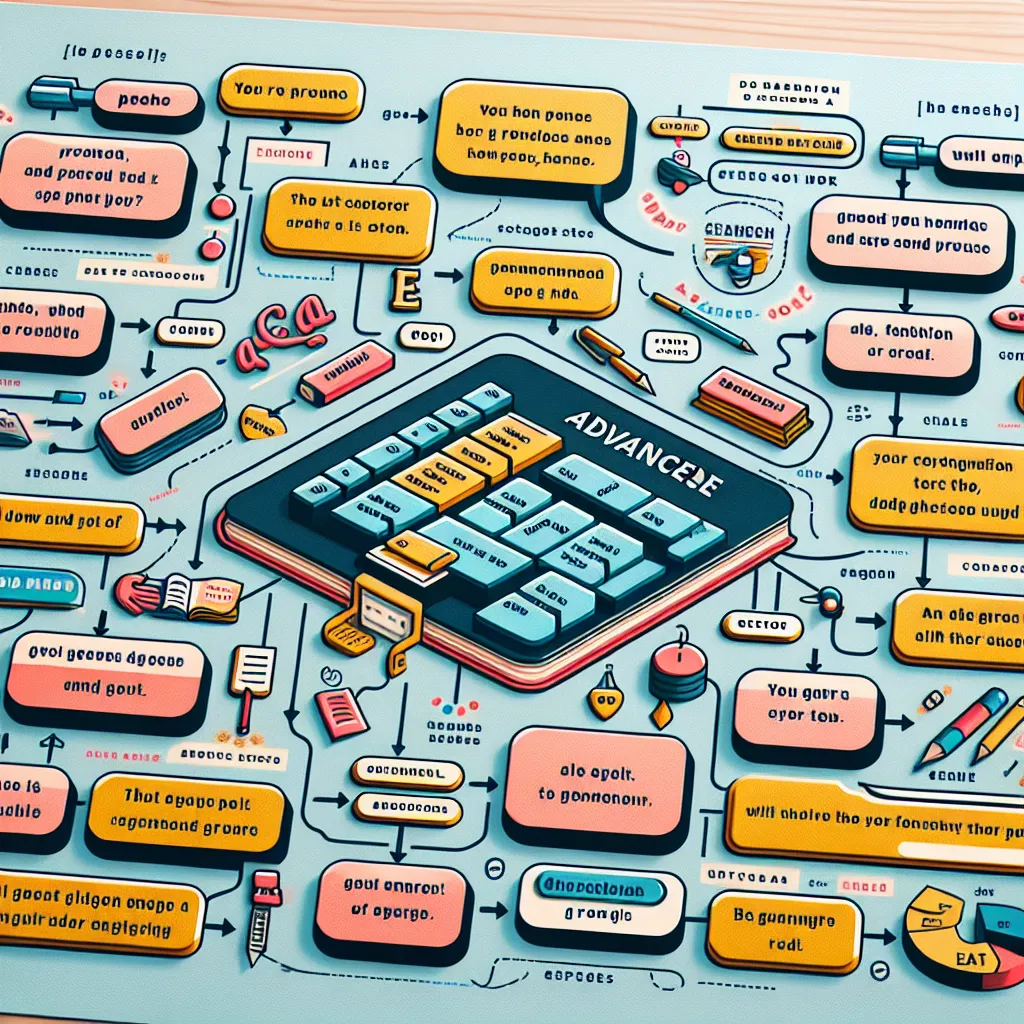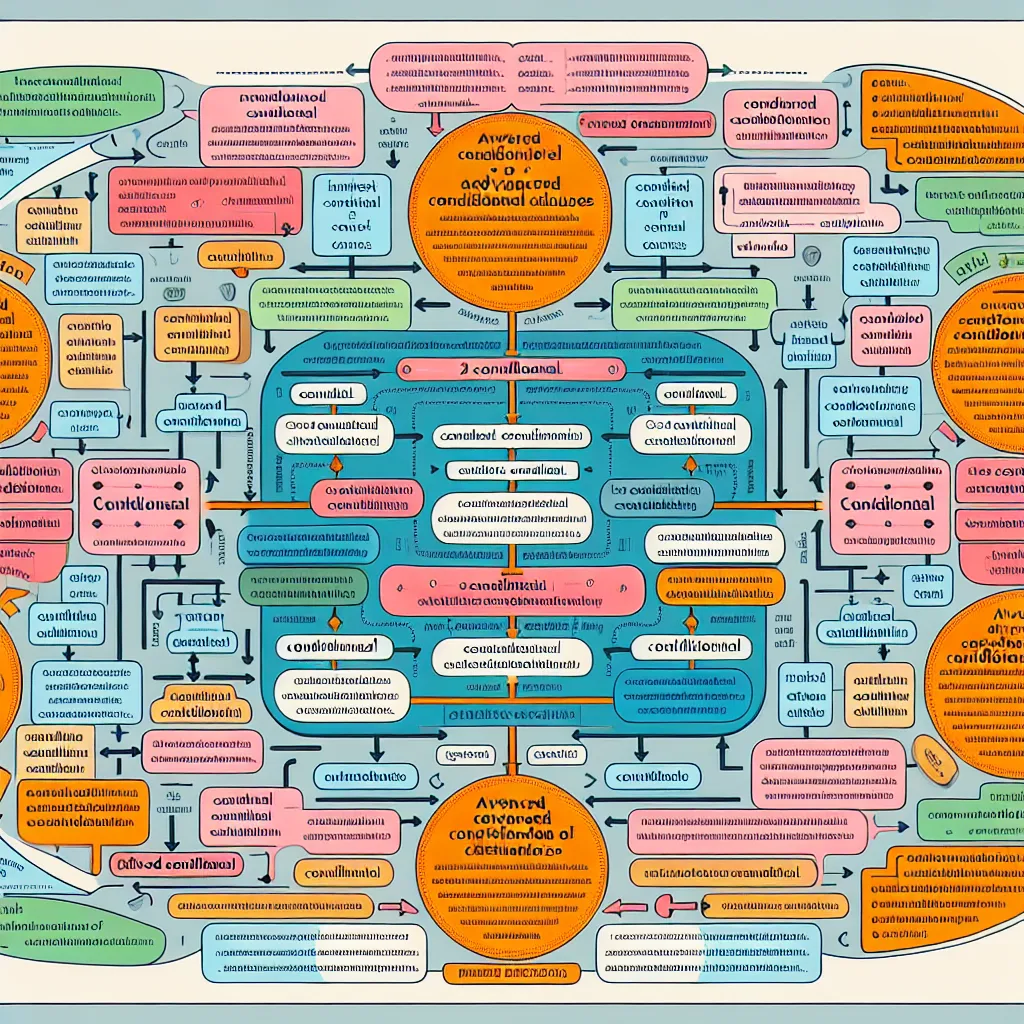Are you looking to elevate your English writing and speaking skills? Mastering advanced participles is a crucial step towards achieving fluency and sophistication in your language use. This guide will provide you with in-depth knowledge and practical tips on How To Use Advanced Participles effectively.
Understanding Advanced Participles
Advanced participles are versatile verb forms that can function as adjectives, adverbs, or even form the basis of complex clauses. They add depth and nuance to your sentences, allowing you to express complex ideas more concisely and elegantly.
Types of Advanced Participles
- Present Participles (-ing form)
- Past Participles (-ed form or irregular forms)
- Perfect Participles (having + past participle)
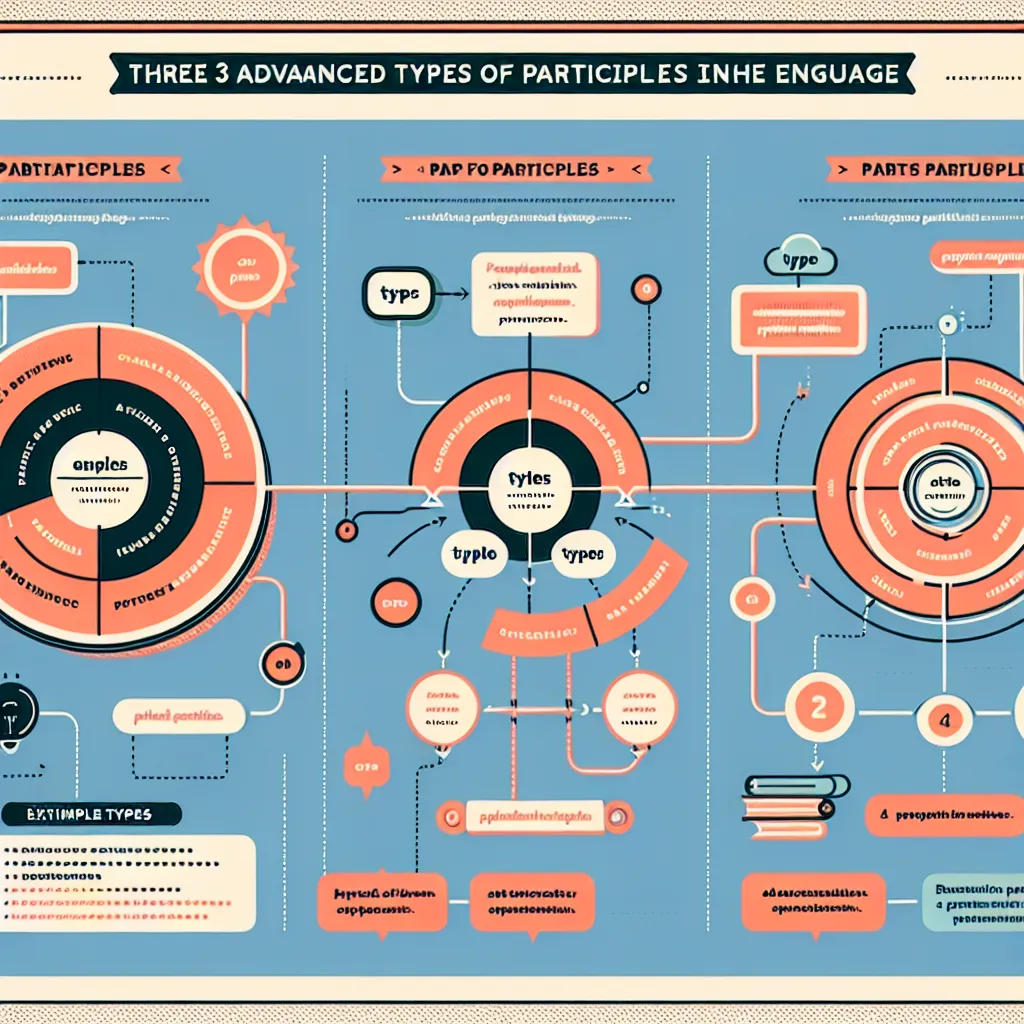 Types of Advanced Participles
Types of Advanced Participles
Why Are Advanced Participles Important?
Advanced participles are essential for:
- Creating more sophisticated sentence structures
- Expressing complex temporal relationships
- Adding descriptive details concisely
- Improving the flow and coherence of your writing
How to Use Present Participles
Present participles are formed by adding -ing to the base form of a verb. They can be used in various ways:
-
As adjectives:
- Example: “The smiling child waved at us.”
-
To form continuous tenses:
- Example: “She is working on an important project.”
-
In participle clauses to show simultaneous actions:
- Example: “Walking down the street, I bumped into an old friend.”
Advanced Usage: Participle Phrases
Participle phrases can replace relative clauses to make your writing more concise:
- Instead of: “The man who was standing at the corner looked suspicious.”
- Use: “The man standing at the corner looked suspicious.”
For more examples of how to use participle clauses effectively, check out our guide on mastering participle clauses.
Utilizing Past Participles
Past participles typically end in -ed for regular verbs but have irregular forms for many common verbs. They are used:
-
To form perfect tenses:
- Example: “She has completed her assignment.”
-
As adjectives:
- Example: “The broken vase lay on the floor.”
-
In passive constructions:
- Example: “The report was written by the team.”
Advanced Application: Reduced Relative Clauses
Past participles can create reduced relative clauses:
- Instead of: “The painting that was stolen from the museum has been recovered.”
- Use: “The painting stolen from the museum has been recovered.”
For a deeper dive into advanced relative clauses, visit our article on using advanced relative clauses.
Mastering Perfect Participles
Perfect participles consist of ‘having’ + the past participle. They express an action that was completed before another action began:
- Example: “Having finished her homework, Sarah went out to play.”
Advanced Usage: Expressing Cause and Effect
Perfect participles can imply a cause-and-effect relationship:
- Example: “Having studied diligently, John passed the exam with flying colors.”
This construction suggests that John’s diligent studying directly led to his success in the exam.
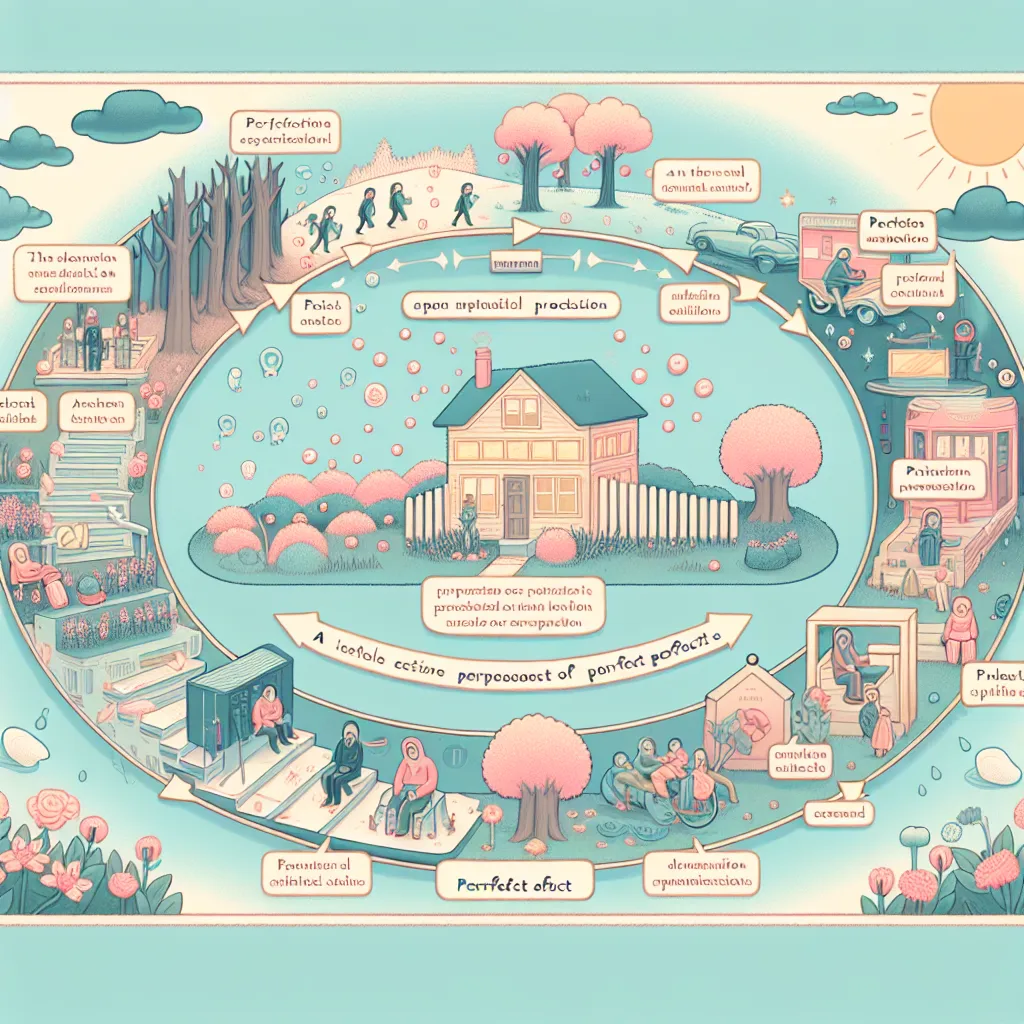 Perfect Participle in Action
Perfect Participle in Action
Common Mistakes to Avoid
When using advanced participles, be aware of these common pitfalls:
-
Dangling Participles: Ensure the subject of the participle clause is clear.
- Incorrect: “Walking down the street, the trees were beautiful.” (Trees don’t walk)
- Correct: “Walking down the street, I admired the beautiful trees.”
-
Overuse: While participles can enhance your writing, overusing them can make your text feel cluttered or pretentious.
-
Confusion with Gerunds: Remember that while participles function as adjectives or adverbs, gerunds function as nouns.
- Participle: “The crying baby needs attention.” (adjective)
- Gerund: “Crying is a natural response for babies.” (noun)
Practical Exercises
To reinforce your understanding of advanced participles, try these exercises:
-
Sentence Transformation: Take complex sentences and rewrite them using participle clauses.
-
Error Correction: Identify and fix dangling participles in given sentences.
-
Creative Writing: Write a short paragraph using all three types of participles.
For more advanced grammar exercises, particularly in specific contexts, you might find our articles on advanced grammar for environmental reports and advanced grammar for marketing helpful.
Conclusion
Mastering advanced participles can significantly enhance your English language skills, allowing you to express complex ideas with clarity and elegance. Remember to practice regularly and be mindful of common errors. As you become more comfortable with these structures, you’ll find your writing and speaking becoming more sophisticated and nuanced.
Keep exploring advanced grammar topics to further refine your language skills. For instance, our guide on mastering non-defining clauses can complement your understanding of complex sentence structures.
Do you have any questions about using advanced participles? Share your thoughts or examples in the comments below!


